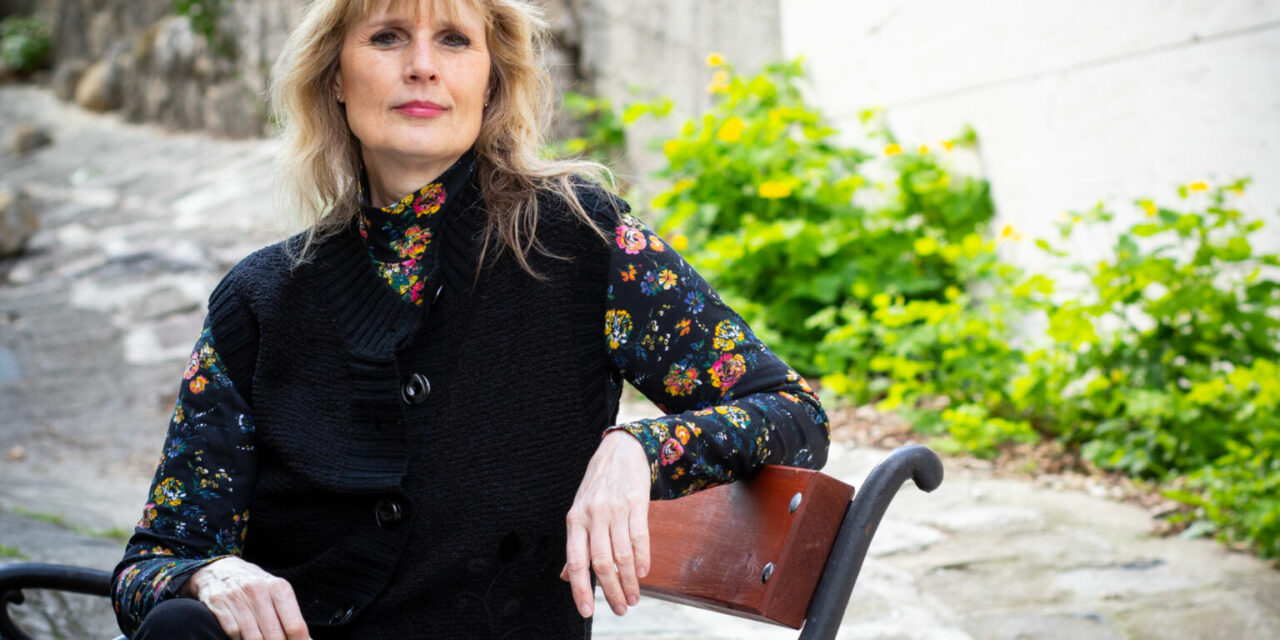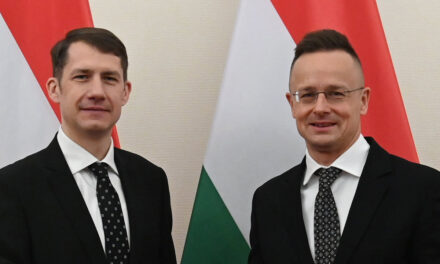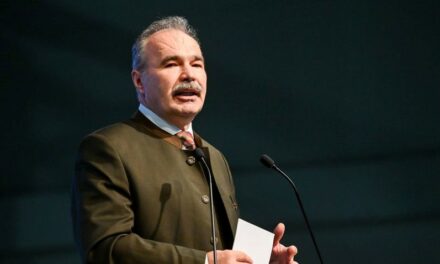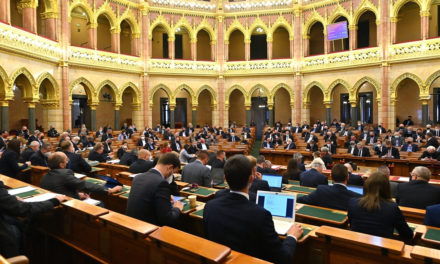"The removal of the Turul statue in Münkac was also a kind of message. In many ways, the Ukrainians do not respect the minorities living in their country, including the Hungarians," writer and cultural anthropologist Júlia Borbála Horváth told Vasarnap.hu about the social events of the Russian-Ukrainian war. Excerpt from the interview.
– In connection with the Russian-Ukrainian war, the question arises again, what can be the role of women in the war?
- Although nowadays many female soldiers join the army, due to their smaller physical abilities, they cannot really be allowed on the front line. Mainly office work, care, care - in fact, military tasks can be entrusted to them. I think this is okay, because danger is danger, but many people want to take part in the protection. Why shouldn't a woman serve her country or choose a military career? The point is the attitude, because it is only partially true that women are anti-war only because they have a weaker spirit and fear their children.
The existence or non-existence of matriarchy, where women were the main leaders and did not wage war, is a much-debated scientific proposition. They could have done it.
- What is the situation of women in the Russian-Ukrainian war?
– In the same way as they were in war times throughout history, only all of this is less known to European people born in peace. In some ways, we see the same thing in Ukraine as we did in Afghanistan or Syria: when men go off to fight, women become decision-makers and perform tasks that were previously performed by male breadwinners. The same is the case with migration.
- We rarely hear in the news that women create living conditions during wartime and continue to run the country.
This is what is happening in Ukraine now, along with the significant fact that as long as possible, Ukrainian men who did not want to fight simply left the country.
"When a war ends, how do families reunite?"
- If, for example, we take the experience of the Middle East as a contemporary example, in peace, the role of women in public life is less emphasized than that of men, especially in these countries. It is new for an Afghan or Syrian man to experience that the woman is an independent person and can perform "manly tasks" even for years in her absence.
The full interview with Vasarnap.hu can be read here.
Author: Gábor Tóth
Picture: Krisztián Szennyyes












